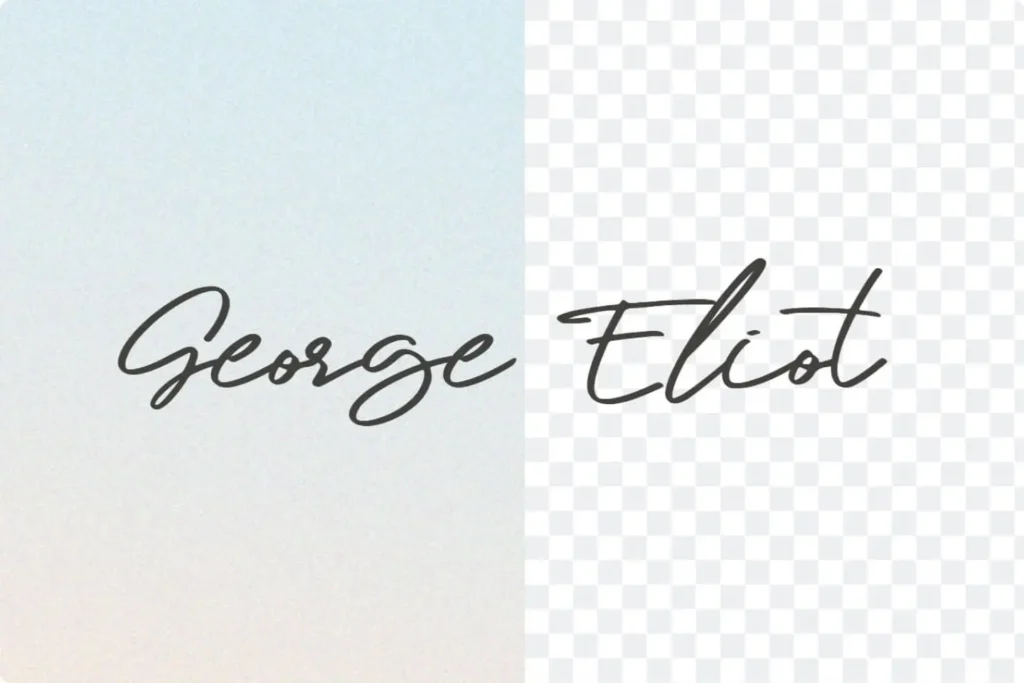In an era dominated by digital transactions, information sharing, and communication, ensuring the authenticity and integrity of digital documents is of paramount importance. With the rise of online interactions, there comes an increased need for robust methods that can safeguard the validity of digital content. One such solution that has emerged to tackle this challenge is the digital signature generator. A digital signature serves as a virtual equivalent of a handwritten signature in the digital realm. It is a cryptographic technique that not only verifies the authenticity of a digital document but also ensures that the document has not been altered or tampered with since its creation. This innovation has found widespread application in industries ranging from finance and legal to healthcare and government. At its core, the digital signature generator employs a mathematical algorithm to create a unique digital fingerprint, also known as a hash, of the content being signed. The encrypted hash is attached to the digital document, providing a secure link between the signature and the content.

This cryptographic process guarantees that any modifications to the document, no matter how minor, will result in a completely different hash, immediately indicating tampering if the signature verification fails. One of the key advantages of a digital signature is its non-repudiation feature. This means that once a document is signed, the signer cannot deny their involvement in the transaction or the content of the document. The recipient, armed with the signer’s public key, can easily verify the signature’s authenticity and the document’s integrity. Furthermore, the integration of a digital signature generator streamlines workflows and reduces paper usage. Traditional methods of signing and sharing documents involve printing, signing, scanning, and emailing or mailing physical copies. This not only consumes time and resources but also increases the risk of loss or fraud. The digital alternative offers efficiency, speed, and a greener approach. Financial institutions have extensively adopted digital signatures to authenticate transactions, loan approvals, and contracts. Legal professionals employ them to validate contracts and agreements without the need for physical presence.
In healthcare, patient consent forms and medical records can be securely signed and shared electronically. Government agencies utilize digital signatures for secure communication and verification of official documents. However, while the digital signature generator offers a robust solution for authenticity and integrity, its effectiveness hinges on the secure management of private keys. Private keys must be safeguarded to prevent unauthorized access and misuse. Additionally, standardization and legal recognition of digital signatures vary across jurisdictions, necessitating a harmonized approach to ensure global acceptance. The e sign Generator stands as a pivotal innovation in the realm of cyber security and digital trust. Its ability to authenticate digital content and ensure its integrity has revolutionized industries by expediting processes, reducing costs, and enhancing security. By leveraging cryptographic techniques and private-public key pairs, this technology addresses the challenges of the digital age and paves the way for a more secure and efficient future. As technology continues to advance, the digital signature generator is likely to evolve further, solidifying its role as a cornerstone of digital communication and verification.